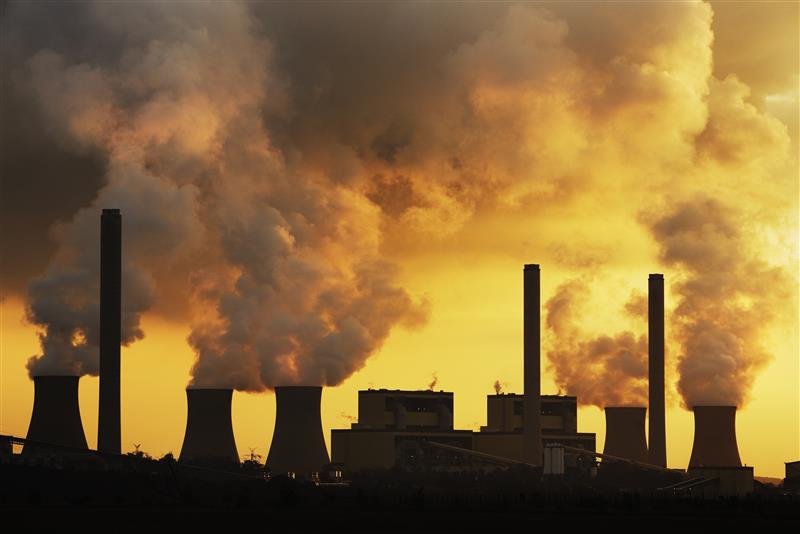Despite longstanding bipartisan support, the U.S. Senate on Feb. 27 — just as the House did the day prior — passed a resolution withdrawing the waste emissions charge (WEC), which is a fee on methane waste emissions caused by oil and gas producers.
The vote served as one of the first attempts by this Congress to apply the Congressional Review Act in order to bypass the filibuster, which requires at least 60 senators for a successful vote, instead of requiring only a simple majority vote to reverse new federal rules. This Congress has been using the Congressional Review Act to target climate and environmental regulations, in particular. In fact, 17 out of 41 resolutions introduced so far would nullify rules proposed by the EPA or the Department of Energy.
The fee proposal was one of the last measures undertaken by the Environmental Protection Agency duringthe administration of former President Joe Biden. The WEC was mandated by the Inflation Reduction Act, passed in 2022, which directed the EPA to charge facilities the WEC when they emitted more than 25,000 metric tons of CO2 equivalent per year. The initial 2024 fee was to be $900 per metric ton of emitted methane. It was then set to increase to $1,200 per metric ton in 2025 and increase yet again in 2026 to $1,500.
The WEC was intended to incentivize the oil and gas industry to decrease waste emissions, conserving energy for more efficient energy use. There was an exemption, however, for oil and gas operators in compliance with the Clean Air Act’s methane standards, pursuant to the agency’s 2009 Endangerment Findings.
In the view of the oil and gas industry, the WEC was unjustly punitive, particularly given the EPA’s finalization of methane emission and reporting standards for the oil and gas industry last year. This new Congress agreed, characterizing the fee as a tax. Critics of the resolution, however, claim that it will lead to increased energy prices, environmentally hazardous conditions, and dangers to public health.
With both houses of Congress having passed the resolution, it goes now to President Donald Trump, who is expected to sign it.

